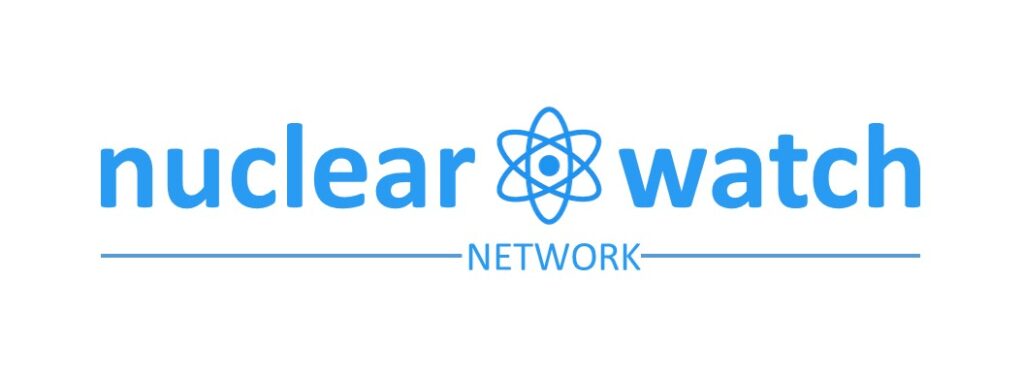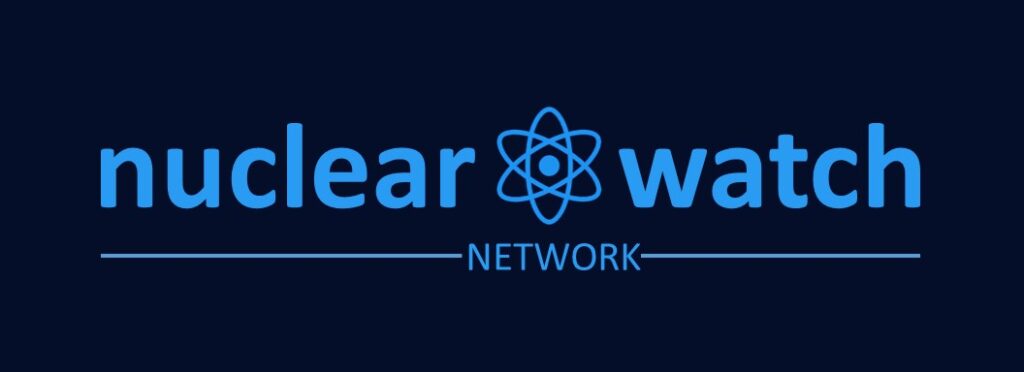Sasan Karimi
Adjunct professor, University of Tehran (sasan.karimi@ut.ac.ir)
Program director of Intl. politics, Nuclear Watch Network
It has now been six years since President Trump withdrew the United States from the Joint Comprehensive Plan of Action (JCPOA). After a year of strategic patience, Iran gradually began reducing its JCPOA commitments. Throughout this period, Iran has framed these reductions not as an exit from the agreement but as reciprocal measures allowed within the JCPOA framework. commissions. The JCPOA’s designated commissions have officially refuted this position. Indeed, as the JCPOA is a multilateral voluntary action plan, the suspension of commitments by other parties naturally reduced Iran’s motivation to fulfill its obligations.
Nevertheless, during this time, European nations and the International Atomic Energy Agency (IAEA) have consistently focused on Iran’s non-compliance without adequately considering the broader context, including Iran’s lack of access to the JCPOA’s promised security, political, and economic benefits. This perspective would only hold weight if the JCPOA were viewed as a punitive measure against Iran, which it is not.
Even at the lowest level of its JCPOA commitments, Iran continues to fulfill its non-JCPOA obligations as a member of the Non-Proliferation Treaty (NPT) under standard safeguard agreements. However, the IAEA and the E3 seem to have disregarded these efforts, instead advancing their own expectations as rights and presenting them as obligations for Iran.
Now, with a moderate administration taking the presidential office in Tehran and approximately one year remaining until the expiration of UN Security Council Resolution 2231 and the JCPOA’s final sunset provisions, the E3 appears resistant to restoring relations or returning to JCPOA commitments. Instead, they seem inclined to avoid any conciliatory steps that might ease tensions surrounding Iran’s nuclear program.
During these years, Iran has refrained from exceeding 60% uranium enrichment or pursuing other technical advancements. However, during IAEA Director-General Rafael Grossi’s visit to Tehran, Iran agreed, as a goodwill gesture, to cap its 60% enriched uranium stockpile. Grossi appeared to return to Vienna with positive outcomes, but the E3 on the IAEA Board of Governors rejected Iran’s conciliatory response and instead issued a resolution against the Islamic Republic of Iran. This resolution was accompanied by an unhelpful joint statement from the UK, Germany, and France.
It is deeply regrettable that the draft resolution has been pursued by certain countries, who claim to respect the Agency’s professionalism, at a time when the Director General was in Tehran, yet the report was still distributed. This approach demonstrates that they disregard any progress in cooperation between Iran and the Agency, prioritizing narrow political agendas over sound judgment.
In response, Tehran announced a significant step to enhance its uranium enrichment capabilities by activating new chains of advanced centrifuges. These developments suggest that the E3 was not seeking to de-escalate nuclear tensions with Iran, but preferred to take the lead in intensifying the disagreements.
Interesting to know that one-fifth of the world’s nuclear inspections take place in Iran, even though the country accounts for less than 3% of global nuclear activities. Combined with the 22-year-long scrutiny of Iran’s nuclear file, numerous inspections, and multiple agreements with different administrations in Tehran, it is notable that the IAEA has not reported any evidence of diversion toward a military nuclear program. This observation leads impartial observers to conclude that the nuclear issue serves as a pretext for exerting pressure on Iran—a strategy commonly referred to as securitization in international relations. This approach seeks to raise a country’s costs, place it in a defensive position, and compel it to justify its actions.
This dynamic is unfolding against the backdrop of external challenges faced by the new administration in Tehran, including the political costs of the Ukraine war imposed by Moscow, security threats, acts of sabotage and assassination attributed to Israel, and heightened political tensions with Europe. Meanwhile, Tehran appears to be observing and potentially planning its approach toward the prospect of a new administration under Donald Trump in the United States.
Both in the nuclear and political domains, Iran has sent constructive signals of its goodwill, such as through the statements of Ali Larijani, a senior security and foreign policy advisor to the Supreme Leader. However, any miscalculation by Western powers could be to assume that Tehran’s positions stem from weakness. A closer examination of Iran’s history and the political psychology of the Islamic Republic leaders indicates that such positions are rooted in confidence and stable internal security.
The IAEA Board of Governors resolution, particularly in response to Tehran’s pragmatic and actionable response to Grossi’s proposal, was not constructive and is likely to prompt regret among its proponents. All parties should exercise political prudence to avoid unnecessary escalations and focus on fostering peaceful solutions.
Iran is advised to keep channels for nuclear and broader negotiations open. European nations, especially the E3, should not take opportunities in Tehran for granted and should seek to engage constructively. The new U.S. administration could also leverage Iran’s cooperative tone, as reflected in Ali Larijani’s remarks, to establish a historic legacy. Furthermore, current dynamics between Iran and Arab nations, particularly Saudi Arabia, offer a unique opportunity to reinforce regional and global efforts toward de-escalation and consensus-building.

